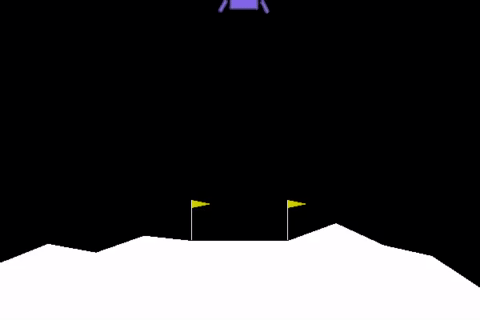VSCode is dead! Long Live Vim!

Well, really Long Live NeoVim, but that just isn’t as catchy is it? For more about topics like this or to read the original article, click here.
A quick disclaimer to the emacs folks; I’m not trying to pick a fight here. I just like vim and never really got into using emacs, so I’m writing from my perspective.
Some context
I’ve spent the last year plus using VSCode and generally had a great experience. I started off with default keybindings, until a coworker told me I should try vim keybindings.
After spending a little time learning to use the vim keys, I was editing code quicker and my mind was blown. 🤯
This lasted until I started working on bigger projects and VSCode got kind of slow. I just suffered and kept using it until I saw a YouTube video talking about how to configure vim like VSCode. I got inspired and had to try it for myself. Several hours and a couple of days worth of...
